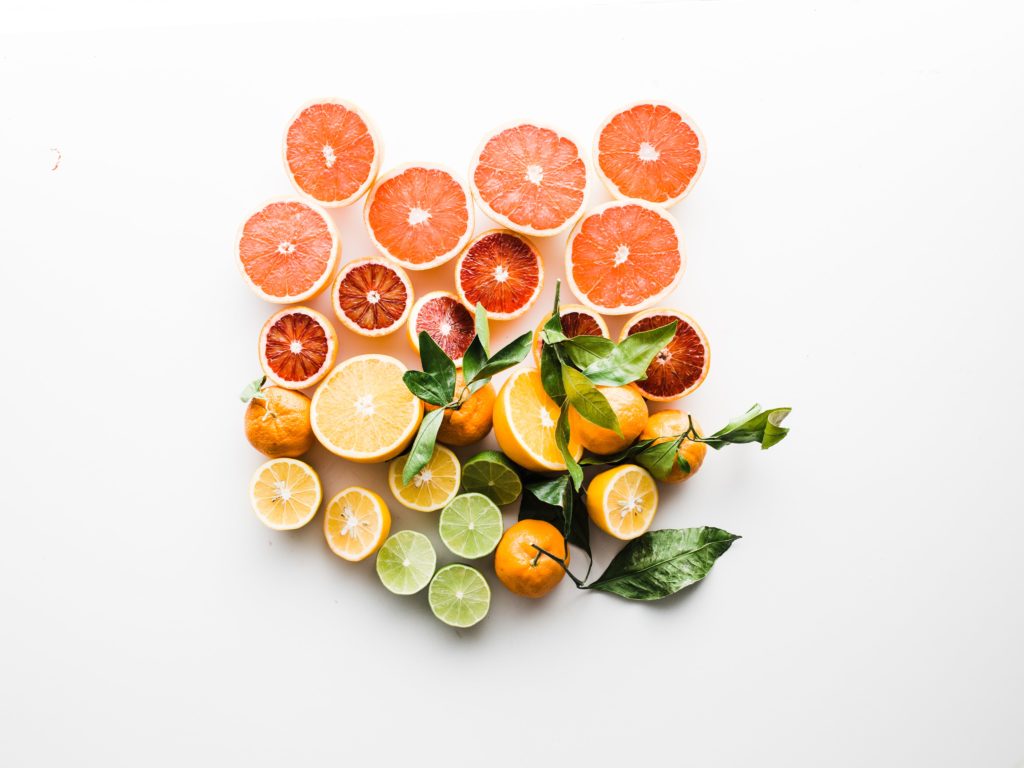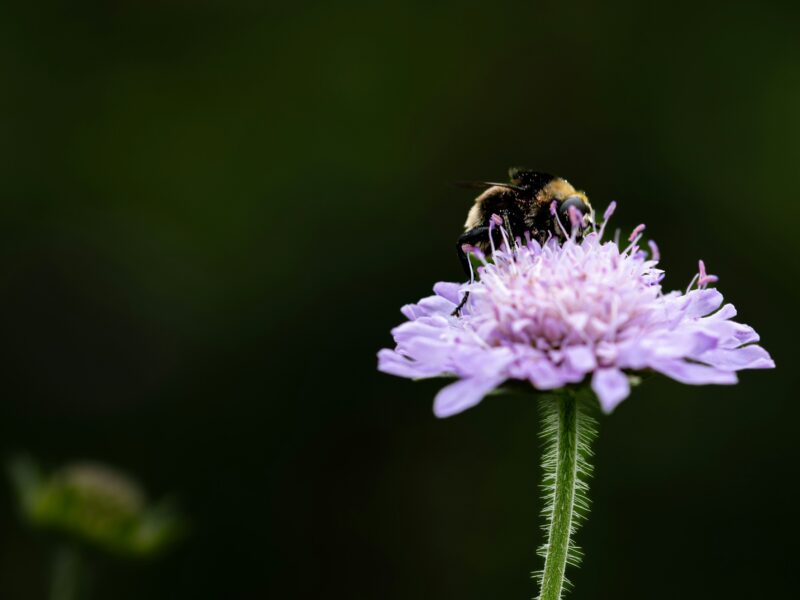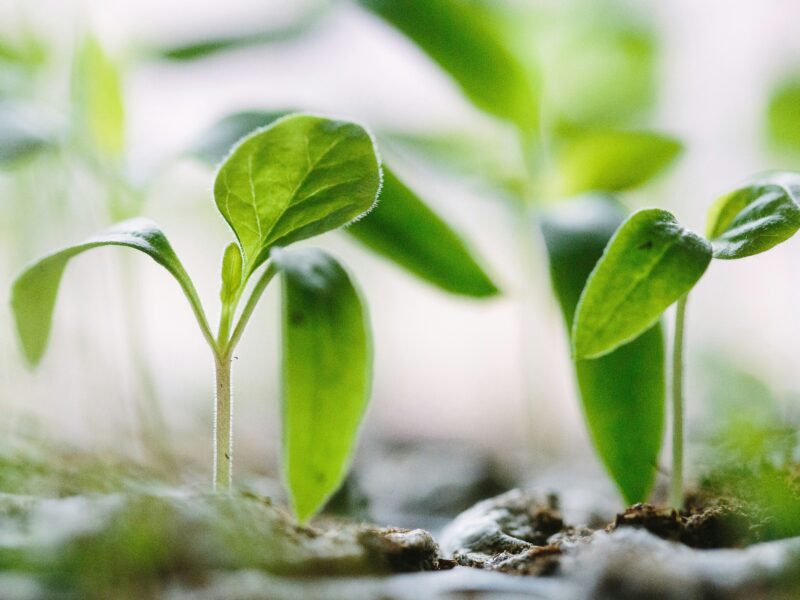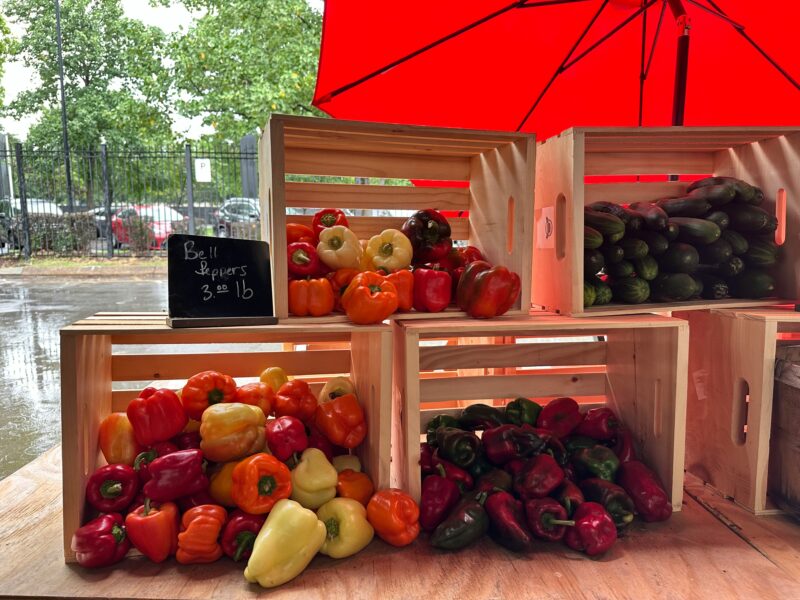Do you love this time of year when citrus is in season and you’re seeing the beginning stages of Cara Cara oranges and mandarins hit the store shelves? Certified organic citrus and conventional citrus might look the same on the outside, but they have some big differences on the inside.
In a recent study, grapes, and oranges top the list of sampled fruit and vegetables contaminated with pesticides. The official figures, analyzed by Pesticide Action Network (PAN), “found 122 different pesticides in the 12 most polluted products. Many of these are hazardous to human health; 61% are classified as highly hazardous pesticides.”
“The list of pesticides includes 47 with links to cancer, 15 “reproductive or developmental toxins” that can have adverse effects on sexual function and fertility, and 17 cholinesterase inhibitors that can impair the respiratory system and cause confusion, headaches, and weakness. A quarter of the pesticides found are suspected endocrine disruptors that can interfere with hormone systems, causing an array of health problems including birth defects and developmental disorders.”
As PAN explains “The government’s testing scheme tends to show citrus fruit as having the highest residues. This is often because of its peel – fruit such as oranges and grapefruits will show higher residues than are actually being consumed. Having said that, people are increasingly using the zest of citrus fruits. In addition, handling of fruit covered in fungicides (which are used to prevent food rotting) can mean dermal absorption (i.e. through the skin) is a problem, particularly for children.”
The next question relating to citrus and pesticides is usually, “Can’t I just peel the fruit and not end up with any pesticides?” The short answer is no. Washing or peeling will reduce the level of pesticides found on the outside of an item, but it will not remove all pesticide residues. This is because many of the pesticides used are ‘systemic’, meaning that they are absorbed by a plant when applied to seeds, soil, or leaves and the residues are therefore contained within the body of the produce itself. So, if you’re peeling an orange and eating the flesh you will reduce but not avoid all pesticides.
The only way to avoid toxic pesticides is to buy organic.
Rather than chemical pesticides, organic growers rely on beneficial birds and insects to control pests and diseases. They use natural compost as fertilizer instead of chemicals to encourage growth and never use chemical herbicides, fertilizers, growth hormones, antibiotics, sewer sludge, or fungicides to grow organic products.
To be certified organic, farmers can’t use any prohibitive substances – including synthetic pesticides or chemicals ––for three years prior to receiving certification. This is the timeframe the USDA requires allowing the residues from prohibited substances to fall below USDA standards. Once the land is certified, organic growers then get regularly tested on the growing, handling, processing, and the end product.
In addition to avoiding pesticides, you’ll be saving the environment from over 122 different chemicals used in citrus production. Princeton University reports only one percent of chemical pesticides actually target the pests for which they are intended, while the other 99 percent make their merry way into the environment. Chemical contamination from conventional agriculture doesn’t just harm our health, it harms wildlife, waterways, soil health, and important pollinators.
Last month we featured a guest blog from our brand partner Uncle Matt’s Organic. Here is a quote on how they grow citrus organically:
“When it comes to organic farming at Uncle Matt’s Organic, we like to live by one simple truth: Healthy soil means a healthy tree. A healthy tree means healthy fruit. As fourth-generation Florida citrus growers, we’ve stood by this mantra for decades. We believe farming doesn’t have to be complicated by using synthetic chemicals for short-term gains. We take a holistic approach to farming to produce delicious, nutrient-dense citrus with a clear goal in mind — the health of future generations and our planet.” Learn more about Uncle Matt’s farming techniques here.
If organic isn’t an option, we recommend using EWG’s dirty dozen list to avoid the products that have the most pesticide residues. While access and affordability always play a role, especially now with food prices souring, we provide many resources on our site to help keep organic in budget.
Please consider sharing this blog with a fellow citrus lover and together we’ll ensure a healthy food future!









